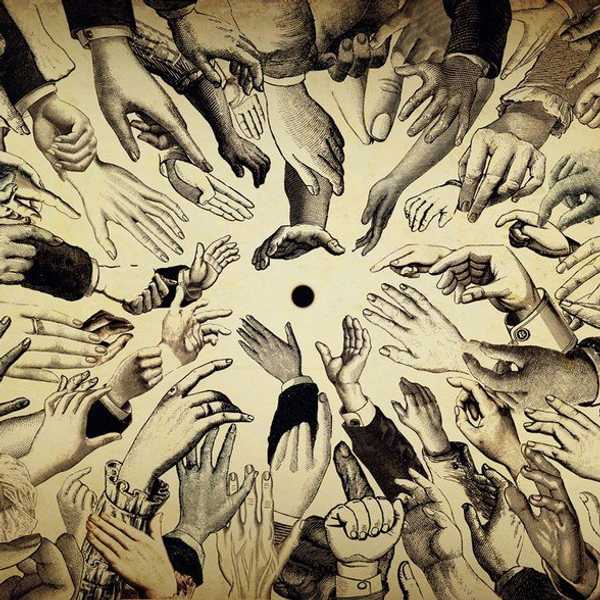Nature and humanity are both important to the world itself. The idea that humanity has no connection to nature and the world around us is preposterous. Humanity is the one thing that allows us to understand the natural world around us. By extension, this means humanity is not natural, just an influx of the grouping of people into societies. In today's society, it is considered acceptable to be less or more than human. This is viewed in modern media such as books and television. Without humanity there is no appreciation for nature and without nature there is no humanity. Neither can exist without the other. Even though many people assume humanity is a natural part of life, humanity is a by-product of the influx of society and it is socially acceptable to be less or more than human.
Fire and Ice by Robert Frost is a poem which showcases the idea that the world could end in fire or in ice and either one would be just as destructive. Many interpretations of this poem are discussing the end of the world and believe that is what Frost is asking.
Do we believe the world will end in fire or in ice? What does this have to do with humanity? The concept of the end of the world is an important part of humanity. There are many beliefs and ideas for the end of life. Does the world end differently for the good or the bad, the righteous or unrighteous, or is it all going to come to a natural end in one big burst of flames or supreme cold front? These are natural questions humans ask that no one can answer scientifically. Eric Katz suggests eliminating human contact with nature completely: "Presumably, to liberate nature in this case, to permit the autonomy of natural processes, we would adopt a 'hands-off' policy..." Humanity and nature are more connected than we realize.
In this way, humanity and society are natural connected. For example, in the book The Twilight Saga: Eclipse, author Stephenie Meyer chose to use the poem Fire and Ice as a representation between a werewolf, Jacob, whose heart still beats and he is still mostly human and a vampire, Edward, whose heart no longer beats and has less humanity. She was able to detail that fire and ice as destructive forces are relative to the natural emotions humans feel. Another example of a connection between humanity, society, and the idea of modern human nature is seen in the Charmed television series, in particular the episode, "The Good, The Bad, and the Cursed.". The character of Cole is a half-demon and is still accepted by and loved by character, Phoebe, even though he is not fully human. Throughout the episode, you see his struggle between human love and demonic hate, similar to fire and ice. This is a prime example of the connection between nature and society. Nature and society are connected and as Katz suggests, "...nature is only known through human activity, and even more problematic, nature is continually modified by human activity." therefore, nature is dependant and contingent on society.
So how do nature and humanity really relate together? In the paper, The Liberation of Humanity and Nature by Eric Katz, he gives a great overview of links between humanity and nature. Although, much of his paper deals with the effects humans have on beaches, to get there, Katz makes a lot of wonderful connecting points between nature and humanity. The best of these is as follows: "The human interest in nature is the factor that focuses our perceptions and understanding of the natural world." As stated previously, many people assume humanity is a natural part of life, but humanity is a by-product of the influx of society and it is socially acceptable to be less or more than human. Humanity and nature are both an important part of society and although we know that nature is natural, humanity is only natural because societies and human interaction have made us realize the nature around us. This makes the ultimate question, are we as humans natural or expendable? The answer is up to the individual and how they perceive the world.




















